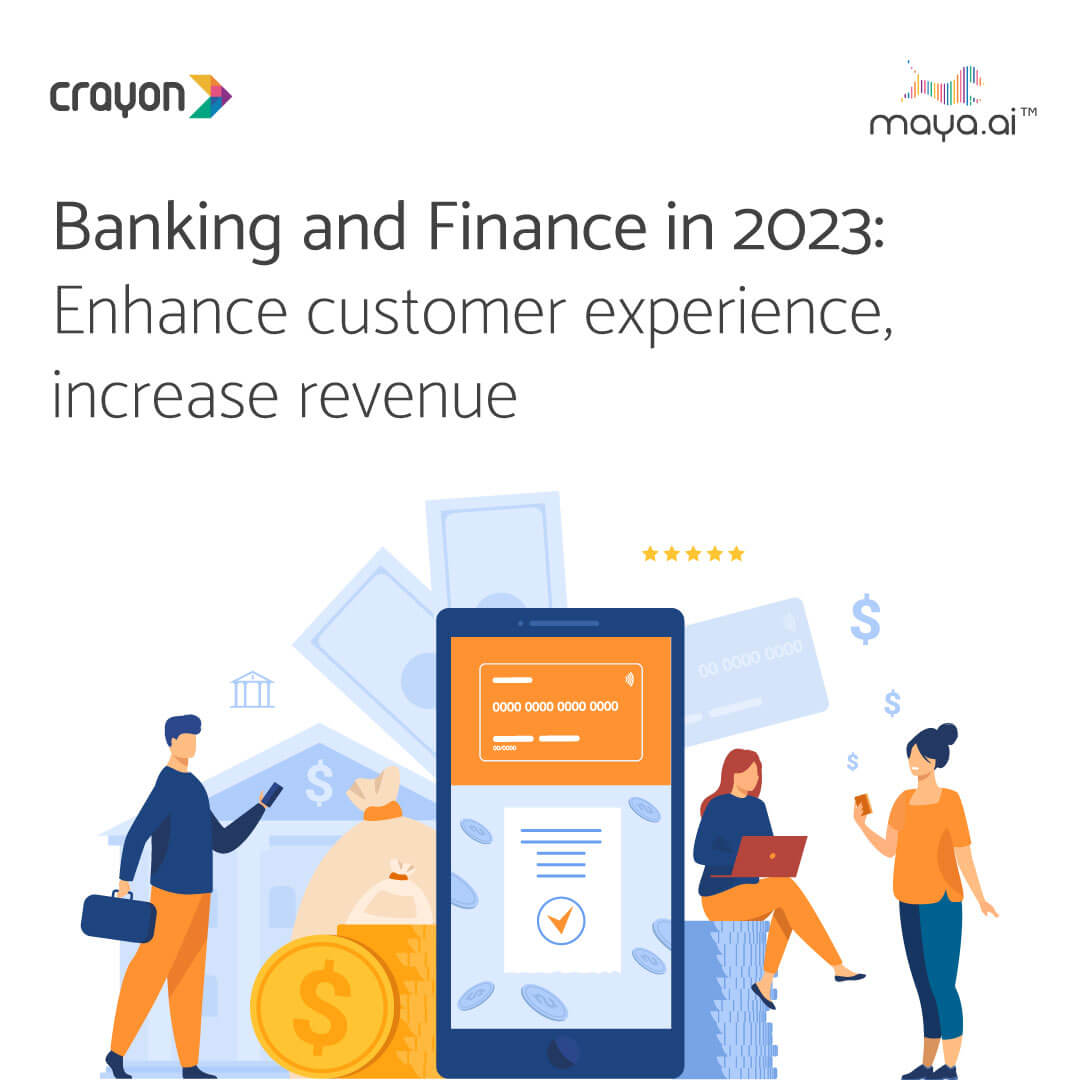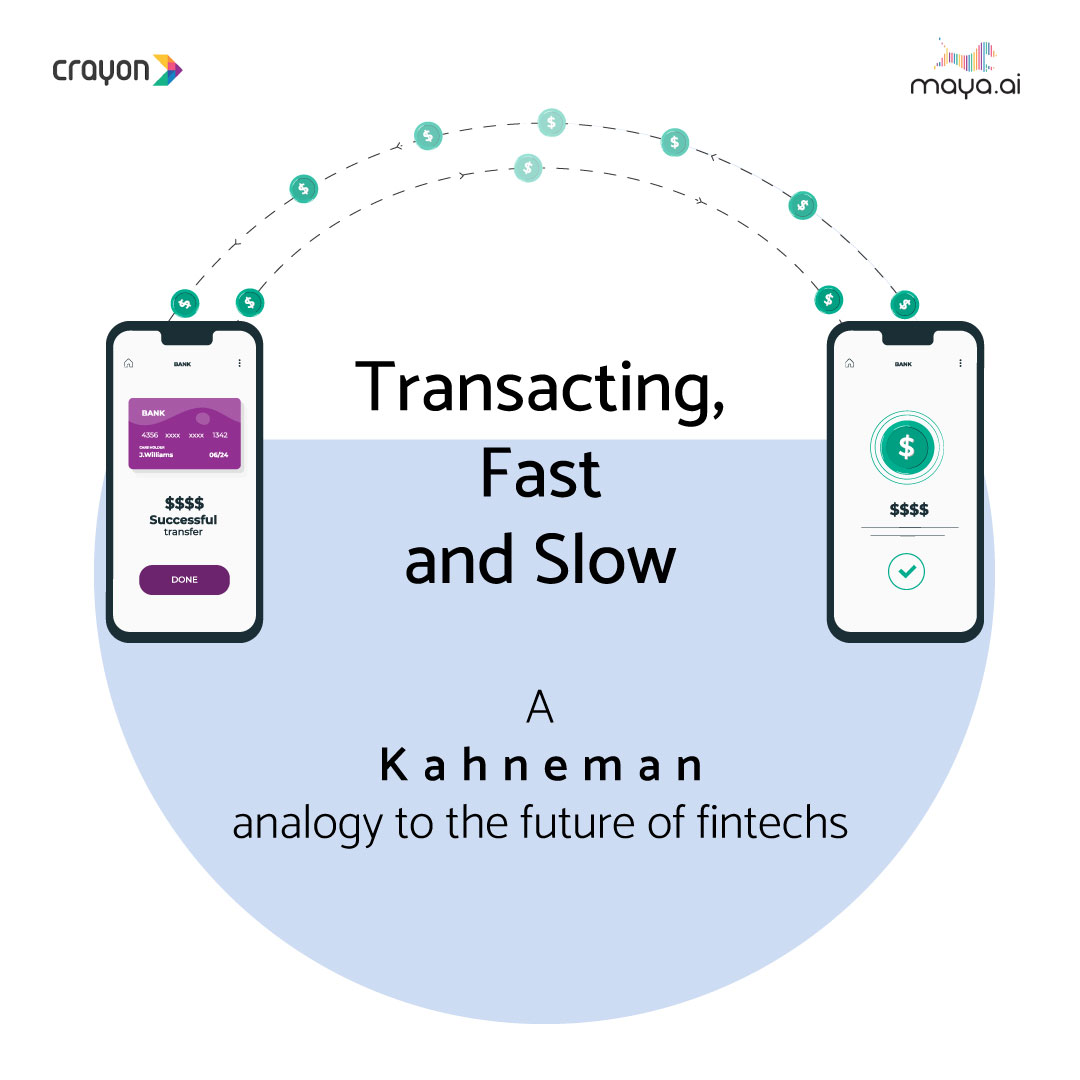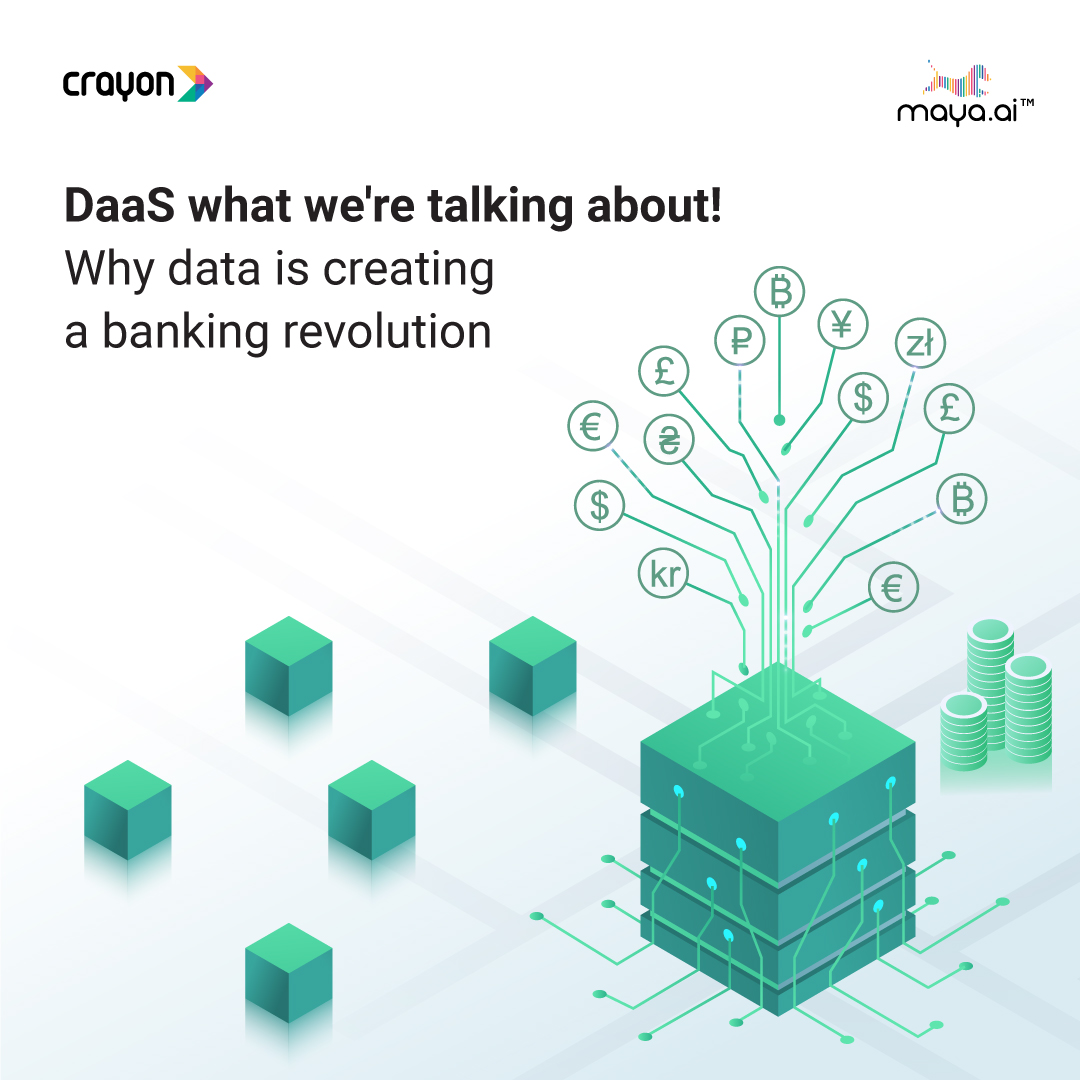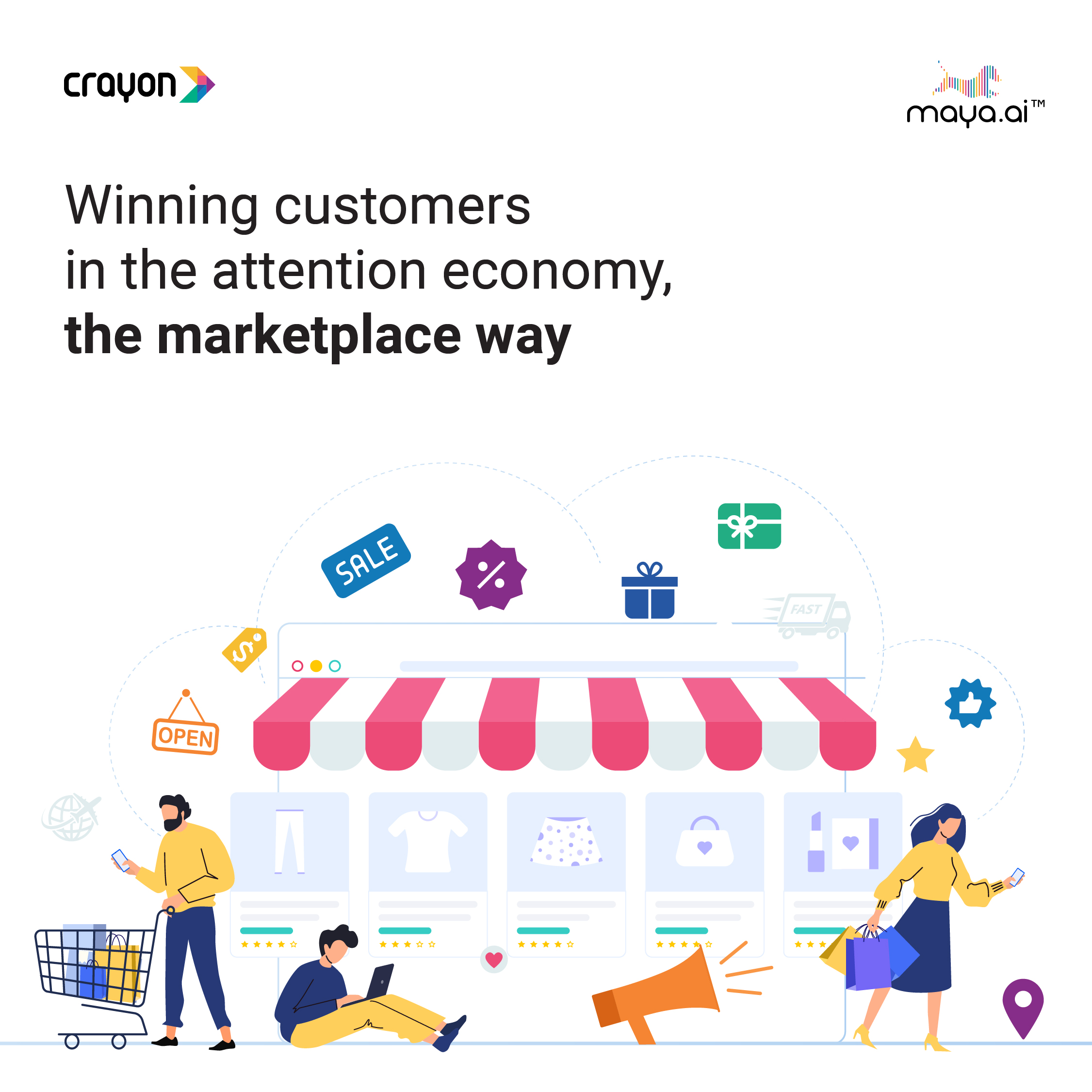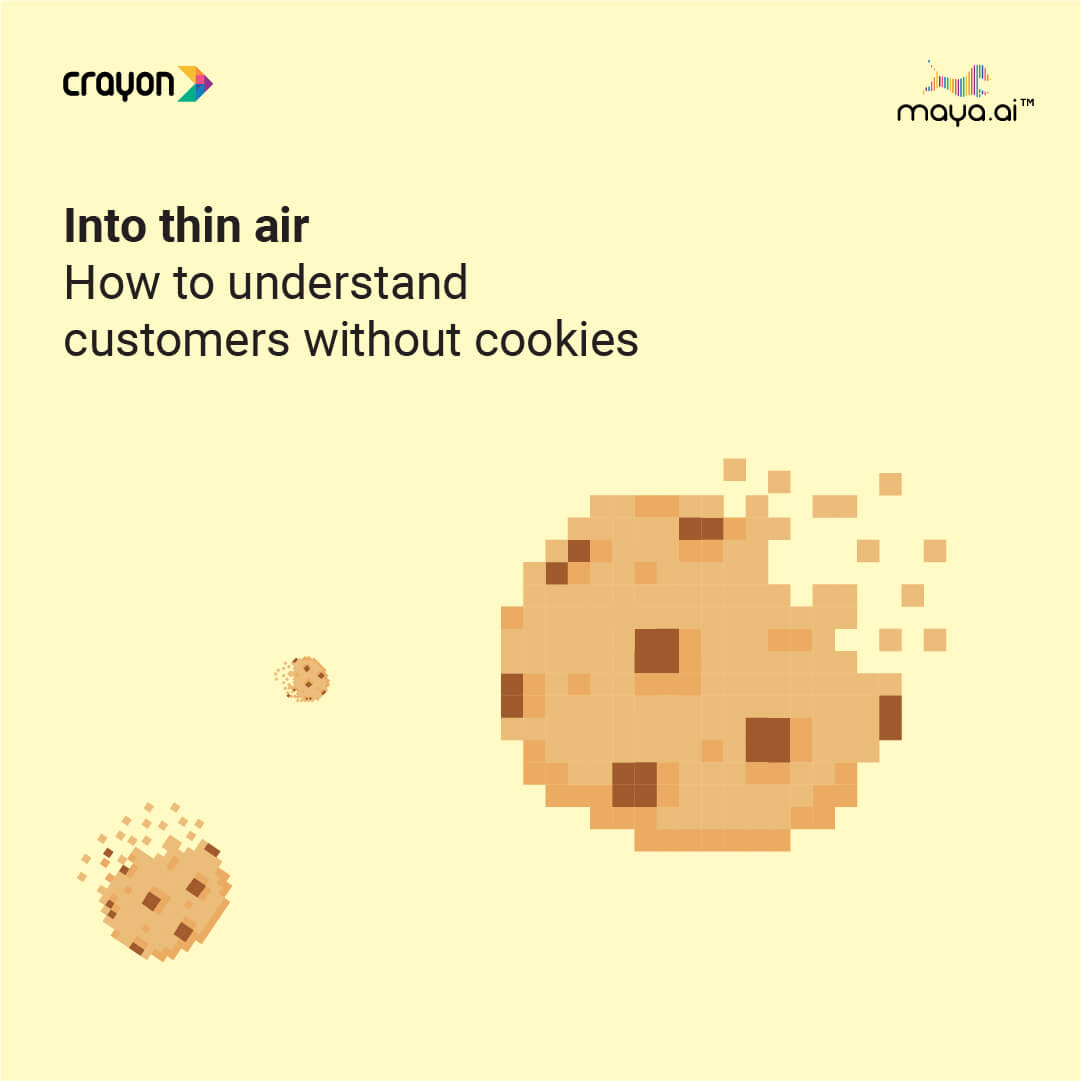It would have been the late-90s. A self-sufficient old couple next door was enjoying their Sunday afternoon tea when the man collapsed. It looked like a cardiac arrest. Across the street lived a successful orthopedic surgeon. While waiting for the ambulance, we asked him to check if the old man was alive. He responded that he is a surgeon and cannot really confirm that.
That’s when I decided that whatever be my expertise, I would never shy away from answering basic questions and always cultivate a drive for being aware of what happens in adjacent streams.
Specialization without the basics?
Fast forward to 2021, and it’s quite common to come across seasoned professionals who are blissfully unaware of the basics in adjacent fields. We live in times where data architects, data engineers, business analysts and data modelers can get away with not being aware of what’s happening outside their domain. This is an accepted state in the industry, despite the large impact each of these areas have on each other.
The downside with handling such hyper-specialists falls on the business folk who have large data problems at hand. Firms try and hire consultants to do this division of labor under the guise of architecture.
A new breed of data professionals
Consequently, full-stack data professionals are now mushrooming. This new breed tries to bridge the gap of Python experts who have no clue of Tableau and vice versa. They try to find the best combination of tools to solve the problem. This involves everything from identifying data sources to the right method on visualization. They build the model/engine and can adopt it to deliver a campaign. The two core skills that they carry is
a) Ability to build a system or process
b) Ability to pick up new technologies/platforms
Creating customer scientists
Beyond these data-specific skill sets, there are the 3 non-negotiables: business acumen, communication, and a constant perspective on how and to whom we are adding value. While there is little anyone can say against communication and value, there is a growing school of thought that business acumen can be given a pass or can be cultivated easily. Areas like banking or insurance are deep, with a lot of nuances that need time to understand. It is not rocket science, but we can’t expect data analysts/scientists to understand and deliver an output in 3 months with no clue on the subject.
This melting pot of tech platforms and business acumen, with a good level of common sense (behavioral science is largely that), is what we can term customer science. And anyone who wants to do this job is a customer scientist. The fun part is that when you work in an AI firm, the customer can mean both the bank/financial services firm itself, as well as the customers of the firm.
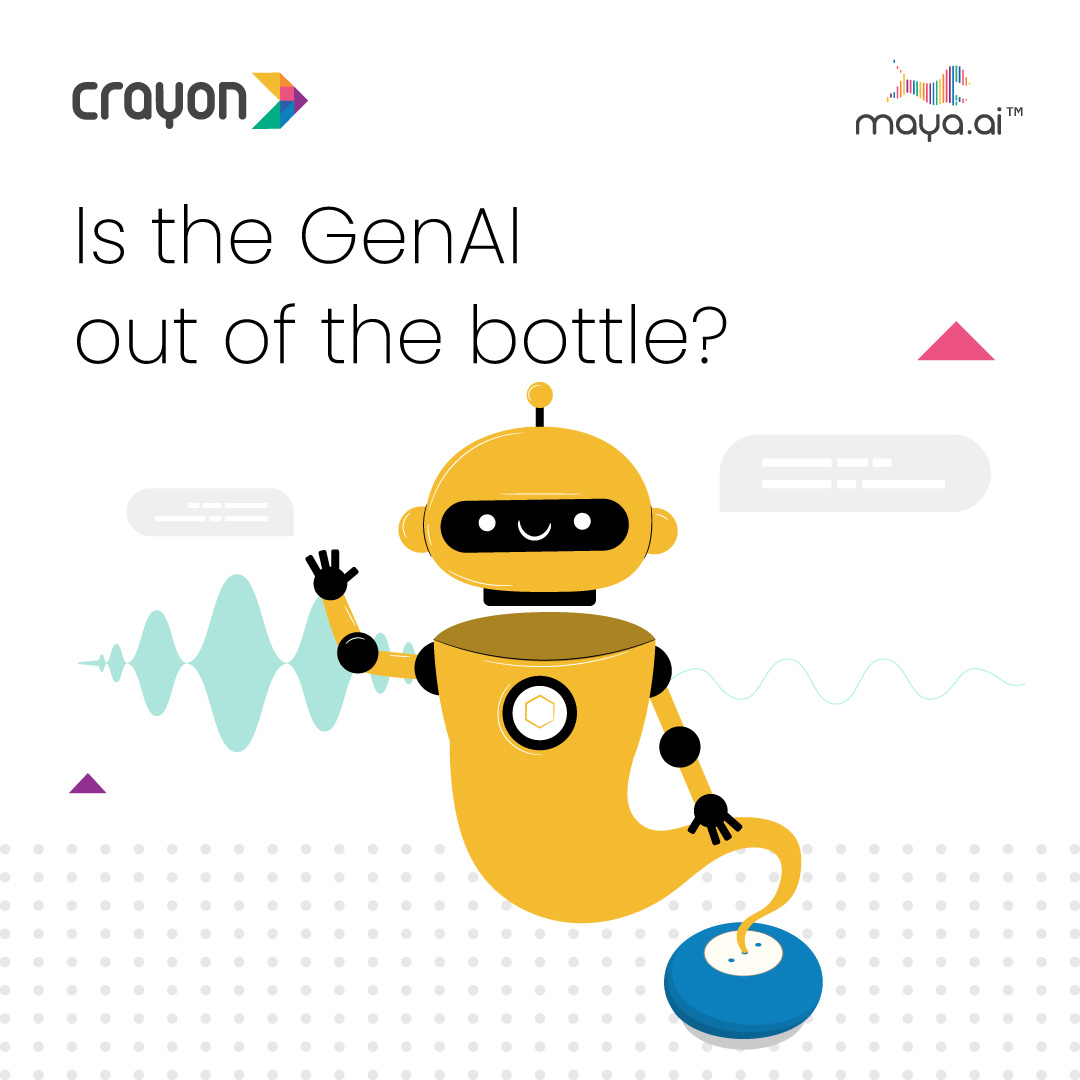
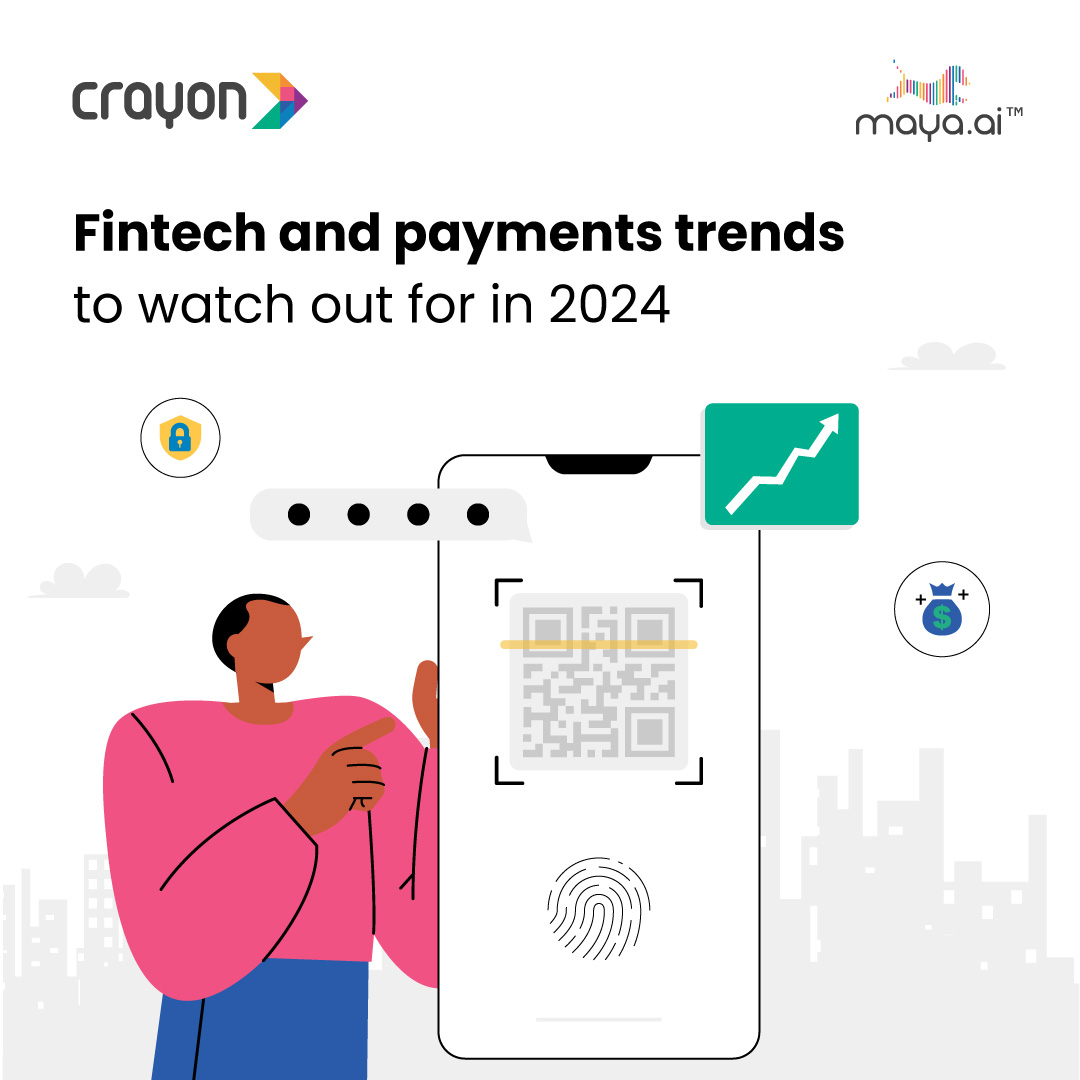
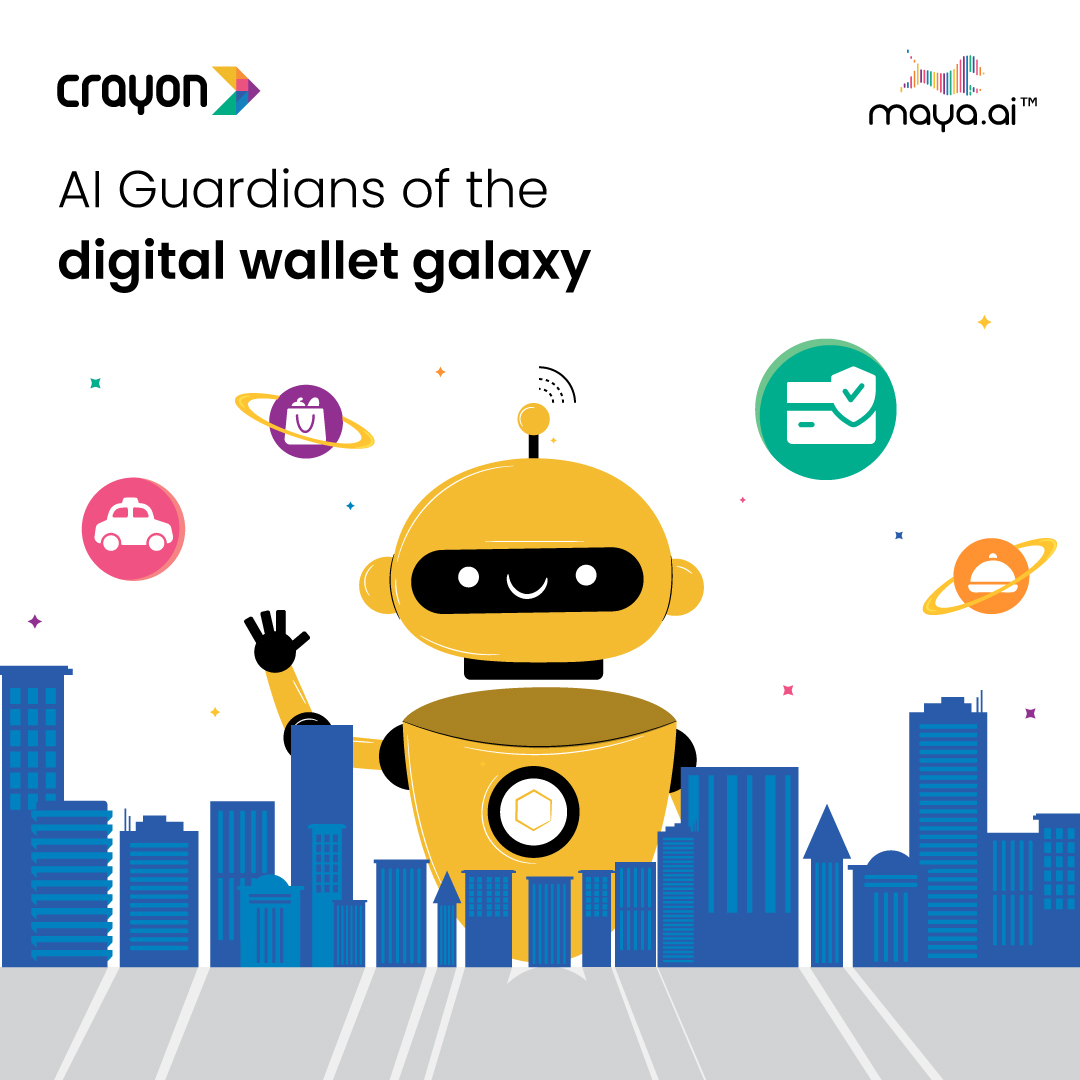
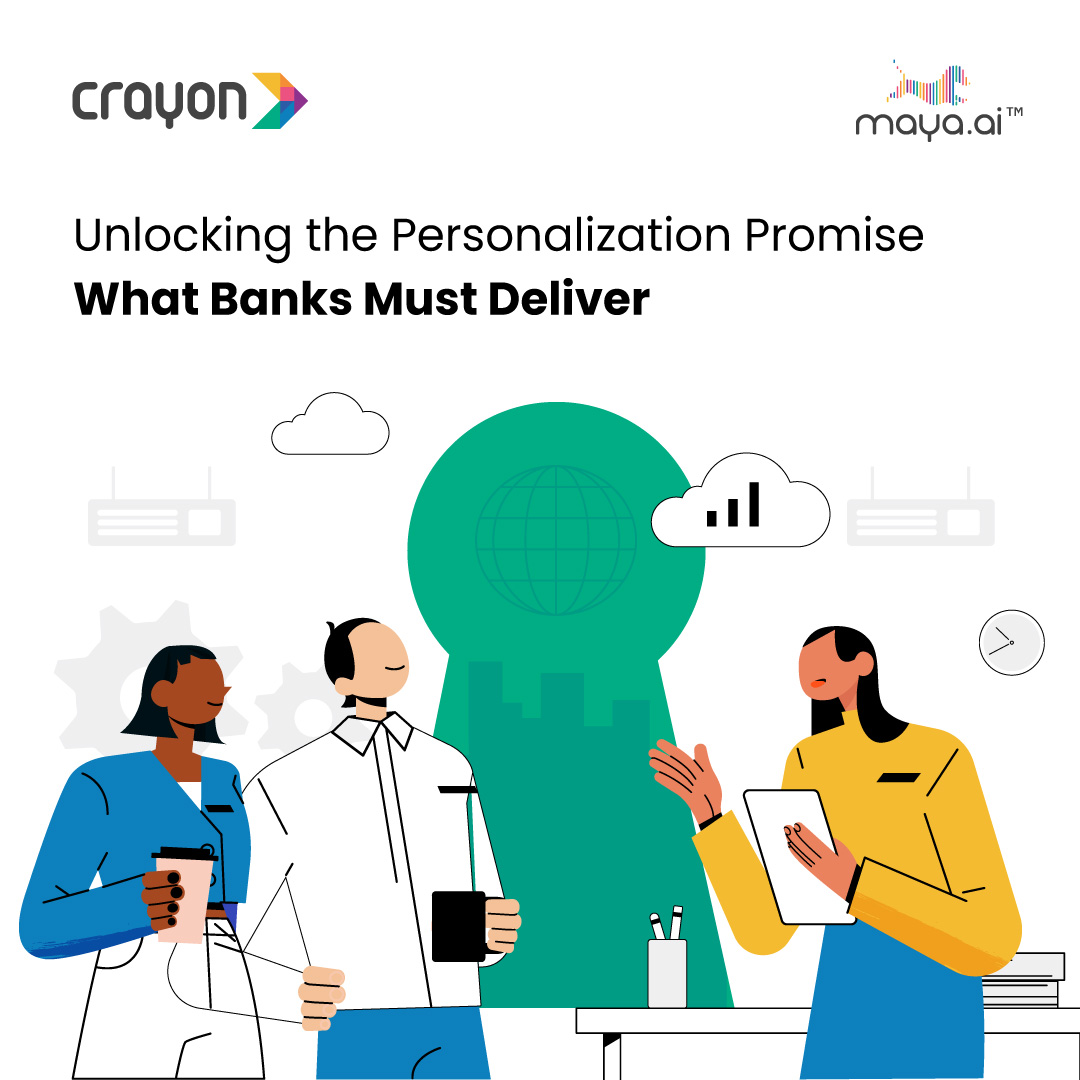



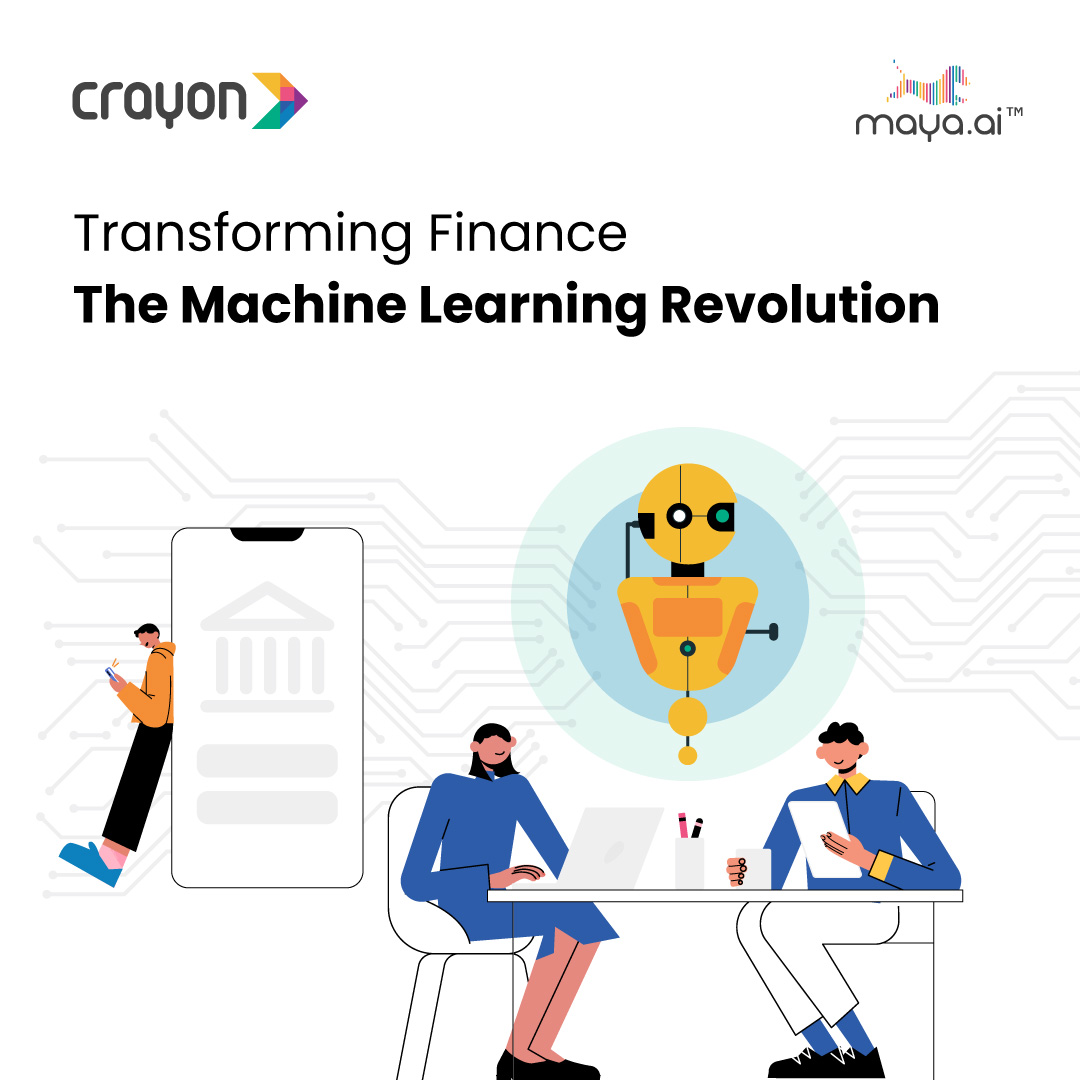


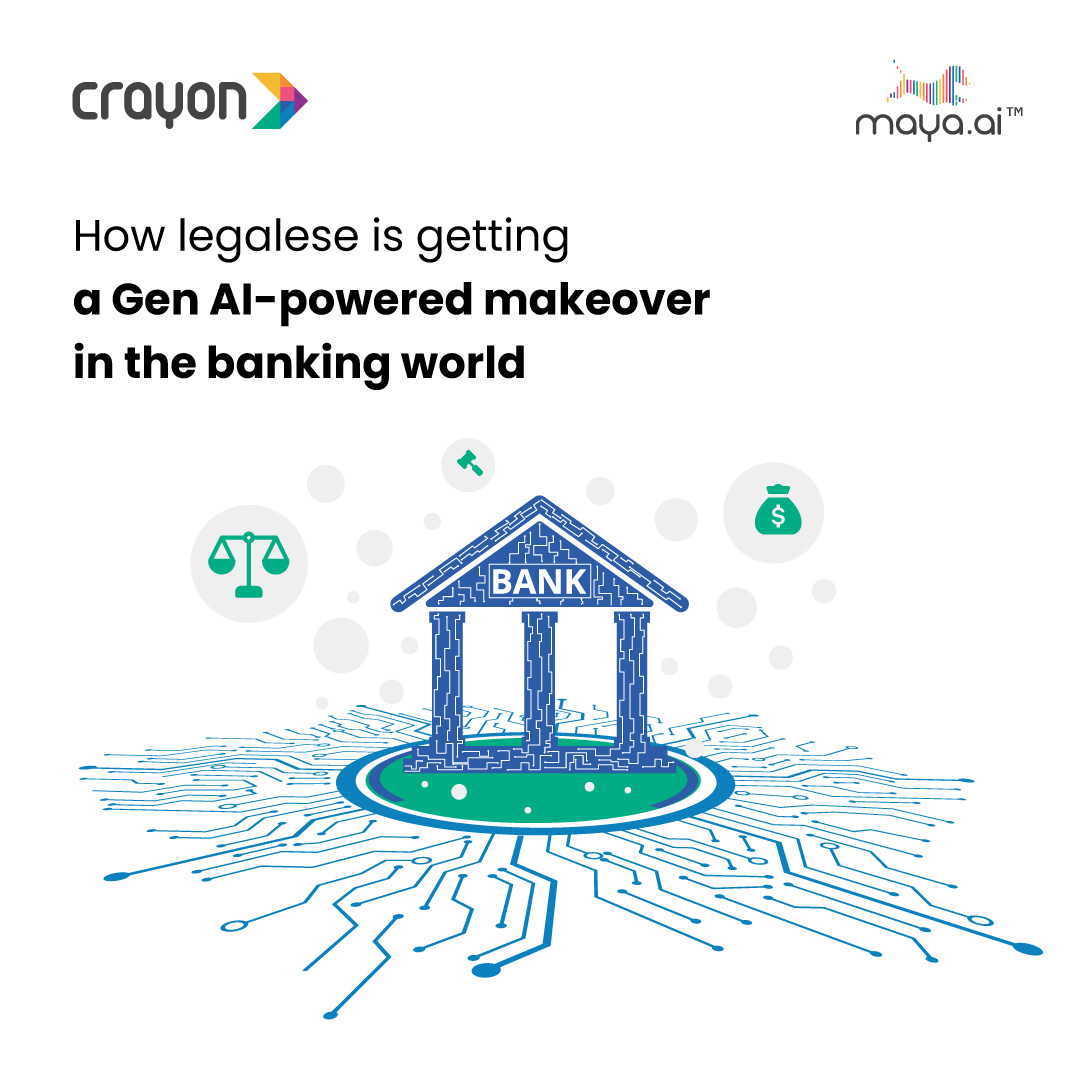

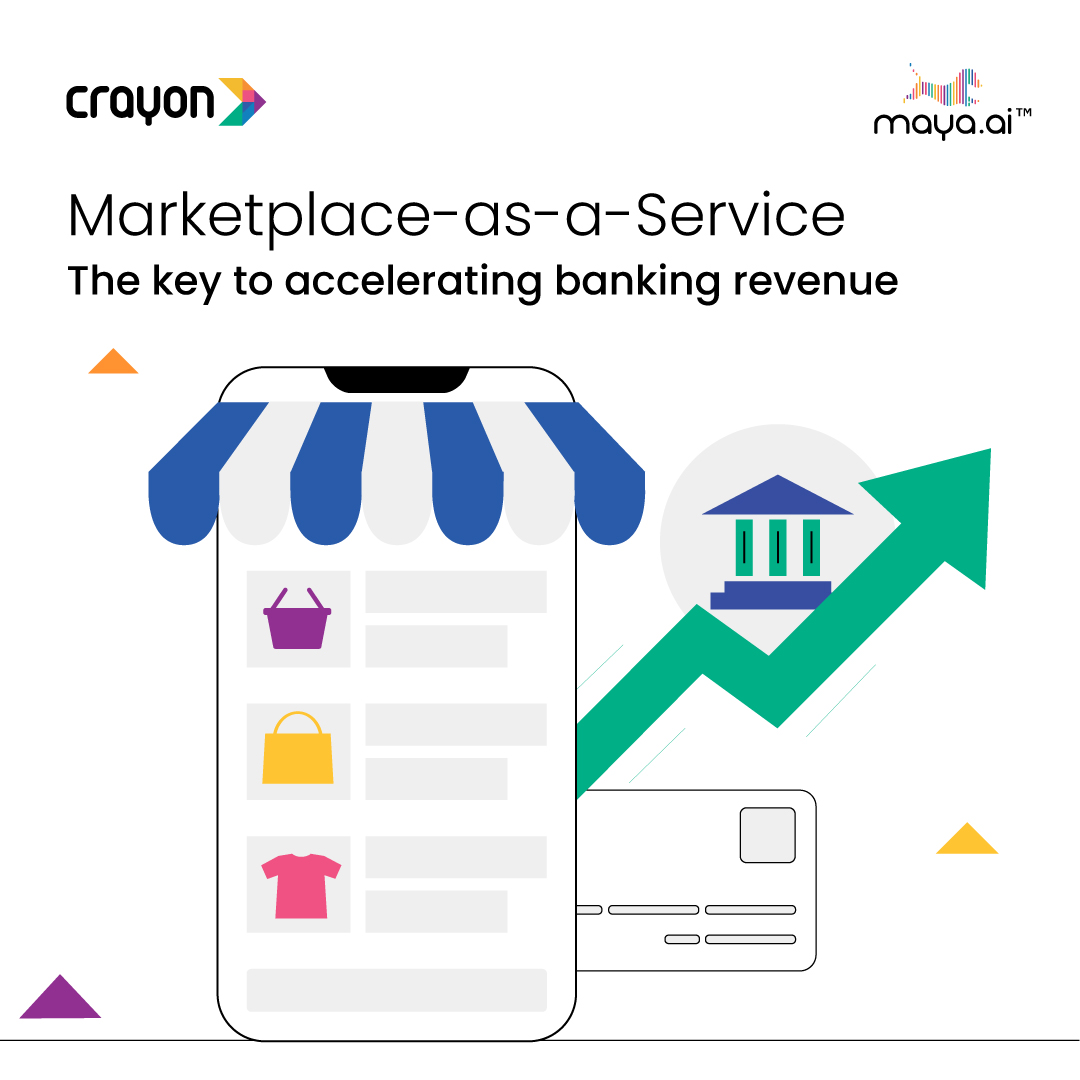
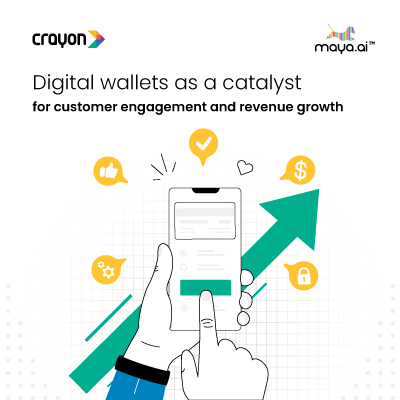

![Slaves to the Algo: AI podcast by Suresh Shankar [Season 1]](https://crayondata.ai/wp-content/uploads/2023/07/AI-podcast-by-Suresh-Shankar.jpg)
![Slaves to the Algo: an AI podcast by Suresh Shankar [Season 2]](https://crayondata.ai/wp-content/uploads/2023/08/version1uuid2953E42B-2037-40B3-B51F-4F2287986AA4modecompatiblenoloc0-1.jpeg)
